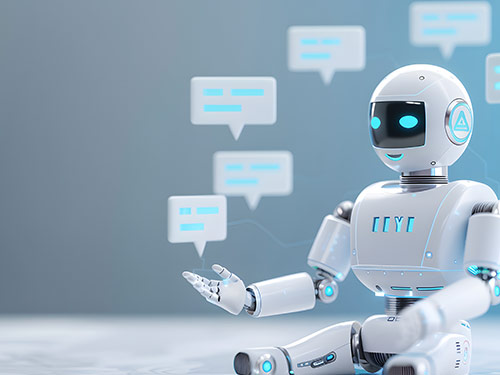Vendors are quickly bringing AI and workflow automation capabilities to their platforms as part of their strategies to boost collaborative work management.
It’s not enough for a workspace platform to foster the ability to work collaboratively; it must also offer its users the ability to manage that work within the platform. Vendors are shaping their product strategies around enabling individuals and teams to work, communicate about their work and manage that work all from within one self-contained workspace.
Metrigy calls this product category “connected workspace,” and we focus on three core use cases:
- centralized knowledge – providing support for a wiki or knowledge base that serves as an easily searchable single source of truth
- content collaboration and management – supporting content co-creation and iterative work in collaborative mode
project/task management – enabling the ability to plan resources for and manage tasks and projects, end to end, while offering the means of communicating about status, etc. - Connected workspace platforms also may cater to a variety of other use cases, such as goal tracking and reporting; managing time, workloads, and other resources; and note taking.
Artificial intelligence (AI)/machine learning, generative AI, and workflow automations are quickly becoming integral to connected workspaces, as we’ve seen in a spate of recent announcements. Examples from May and June alone include the following:
Continue reading at nojitter.com.





